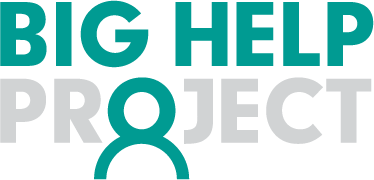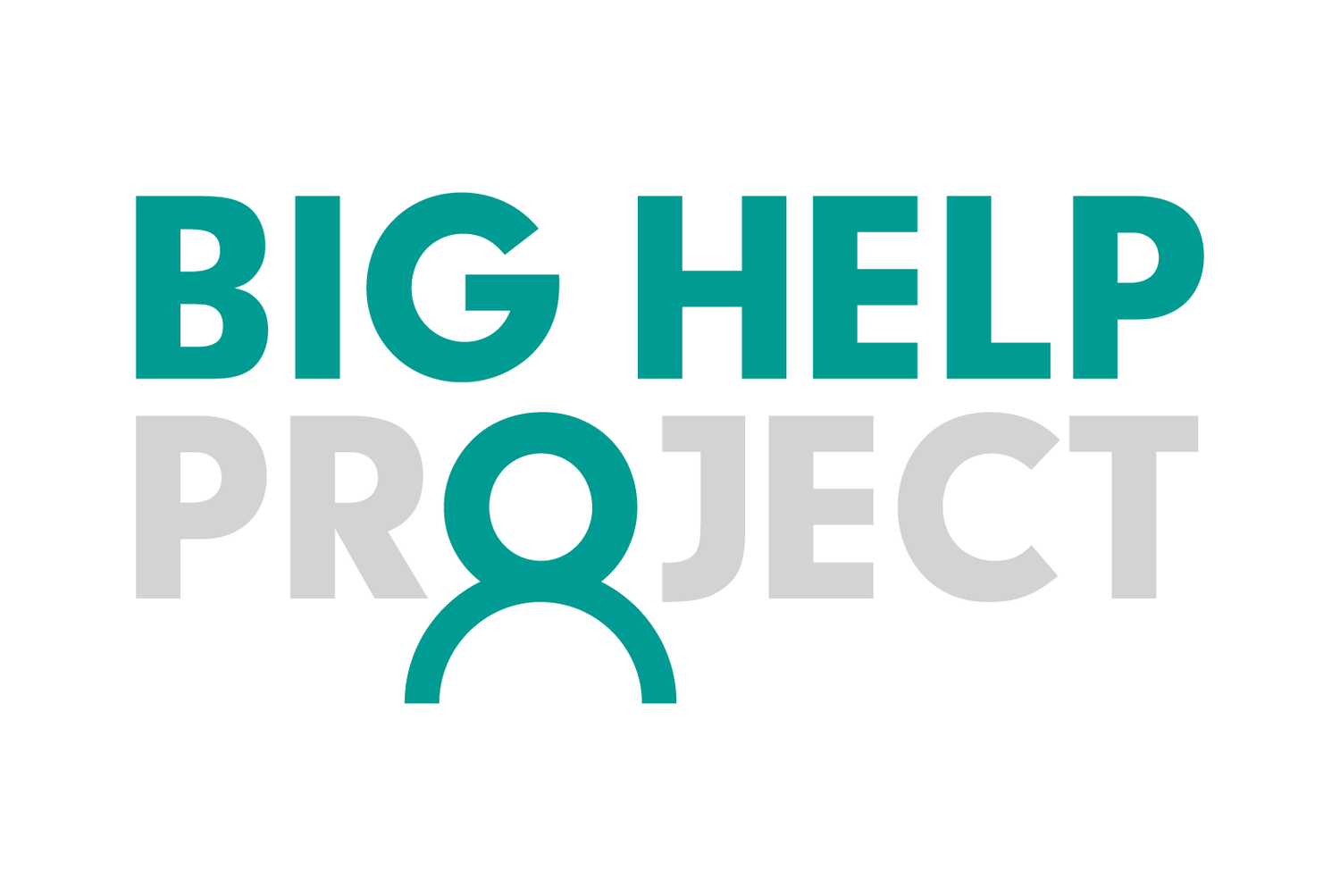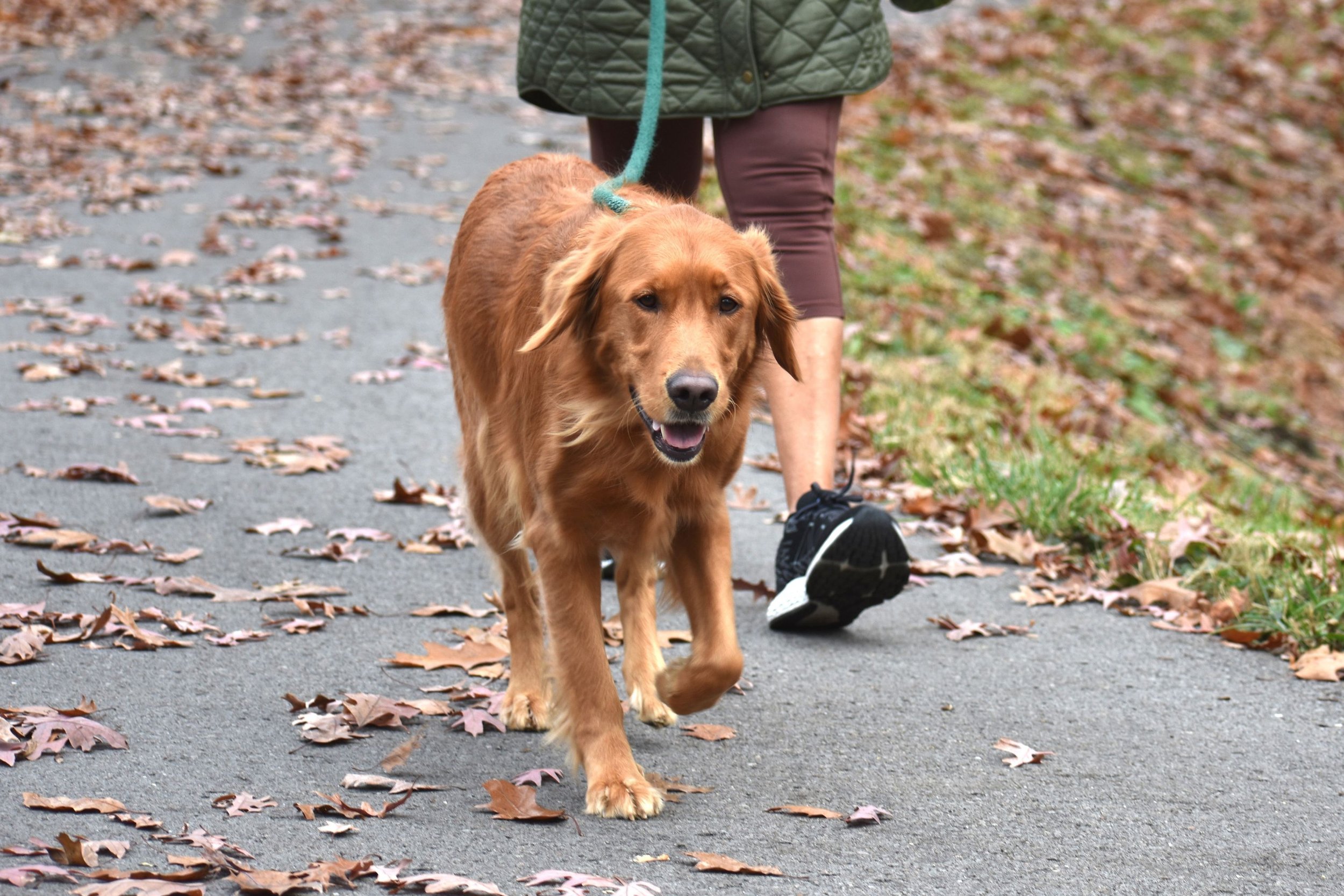A Big Random Act of Kindness
A random act of kindness is a non-premeditated, inconsistent action designed to offer kindness toward the outside world.
At Big Help Project we dream of a world Where we all pay it forward, and where everyone looks out for one another. And, it all starts with one act. Picture this, you wake up one morning with all the stresses and strains of modern life. You are not feeling good or positive, happy or fulfilled. Then, suddenly you are given an unexpected compliment or someone has left a note on your desk. Simply, an action performed by another only to bring you happiness and pleasure. We want to imagine a world where you can succeed by being nice
Altruism concentrates on the desire to do good or help others. Giving your best self to others without requests or promises of return on investment. These random acts of kindness can make the world a happier place for everyone. They can boost feelings of confidence, being in control, happiness, and optimism and encourage others to repeat the good deeds they’ve experienced themselves – contributing to an overall more positive community.
This isn’t just some soppy blog about how we should all love each other infinitely; Kumbaya; and forget the world can be a tough and evil place. There are actually some scientifically proven benefits of being kind. For example, witnessing acts of kindness is proven to produce high levels of oxytocin in the body. Often referred to as ‘the love hormone’ oxytocin aids in the lowering of blood pressure and increasing our personal self-esteem and optimism. Oxytocin causes the release of a chemical called nitric oxide, which dilates the blood vessels and reduces blood pressure. Therefore, being kind is a proven “cardioprotective” measure. In a study by Christine Carter of UC Berkeley, it was reported that over half of participants felt stronger and more energetic after helping others; many also reported feeling calmer and less depressed, with increased feelings of self-worth. Another study at the University of British Columbia found that when a group of highly anxious individuals performed at least six acts of kindness a week. After one month, there was a significant increase in positive moods, relationship satisfaction, and a decrease in social avoidance in participants. And there’s so much more!
- Perpetually kind people have 23% less cortisol (the stress hormone) and age slower than the average population!
- Engaging in acts of kindness produces higher levels of endorphins—the brain’s natural painkiller!
- The brain’s pleasure and reward receptors respond strongly when being kind – even to the same level as if it were you who was the recipient of a good deed.
Need I go on?
So, now that you know how important it is to be kind to others we thought we’d help get you started by compiling a list of some examples:
1. Say good morning to as many people as you can
Saying 'good morning' is a way to appreciate one another and it maybe can make someone's day a little bit better. You are wishing them well for the day. A 'good morning' acknowledges the presence of your peers or even strangers and makes them feel welcome.
2. Call a friend that you haven’t spoken to for a while
You can often just call or text someone to let them know you are thinking about them or maybe open the conversation by asking how they have been.
3. Send someone a handwritten note
An act of expressing your appreciation through a few words. They show the person that you have made a sincere effort to acknowledge them. Your message can be as heartfelt and meaningful as you wish.
4. Walk your friends’ dog
This one is a win-win for everyone involved. Spend some quality time with man’s best friend whilst your friend puts their feet up and relaxes.
5. Pay someone you don’t know a compliment
It is okay to compliment someone you don’t know in public. Being complimentary helps people create an optimistic, happier outlook on life. When you pay someone a compliment; you give it freely with no expectation of anything in return.
6. Donate items to a charity shop
By donating unwanted items to a charity shop is a sustainable alternative to waste disposal. But, you’re not only helping the environment, but you’re also supporting brilliant causes.
7. Lend your ear
Listen to someone who is having a bad day. A non-judgmental ear is often comforting and can be a resource of support without focusing on “fixing” the problem. This act of care will make a person feel heard, maybe even for the first time.
8. Have a conversation with someone who is experiencing homelessness
A warm greeting, some simple small talk or even just asking a personal question can make all the difference. Homelessness puts an enormous strain on mental health with long hours of loneliness, isolation, and sleep deprivation. That’s why speaking up is so important.
9. Clean up some litter
Pick up some rubbish lying around on the street. Help to beautify your local community, and protect its wildlife plant life, waterways, soil, and ecosystems. Showing pride in your community may inspire others to treat the area with more respect.
Random acts of kindness can have a significant positive impact on both the giver and the receiver. They can improve someone's day, lift their mood, and provide a sense of connection and community. Additionally, research suggests that practicing kindness can lead to increased happiness, lower stress levels, and better physical health. Therefore, trying to engage in random acts of kindness, no matter how small, can make a meaningful difference in both individual and collective well-being. So… why wait?



